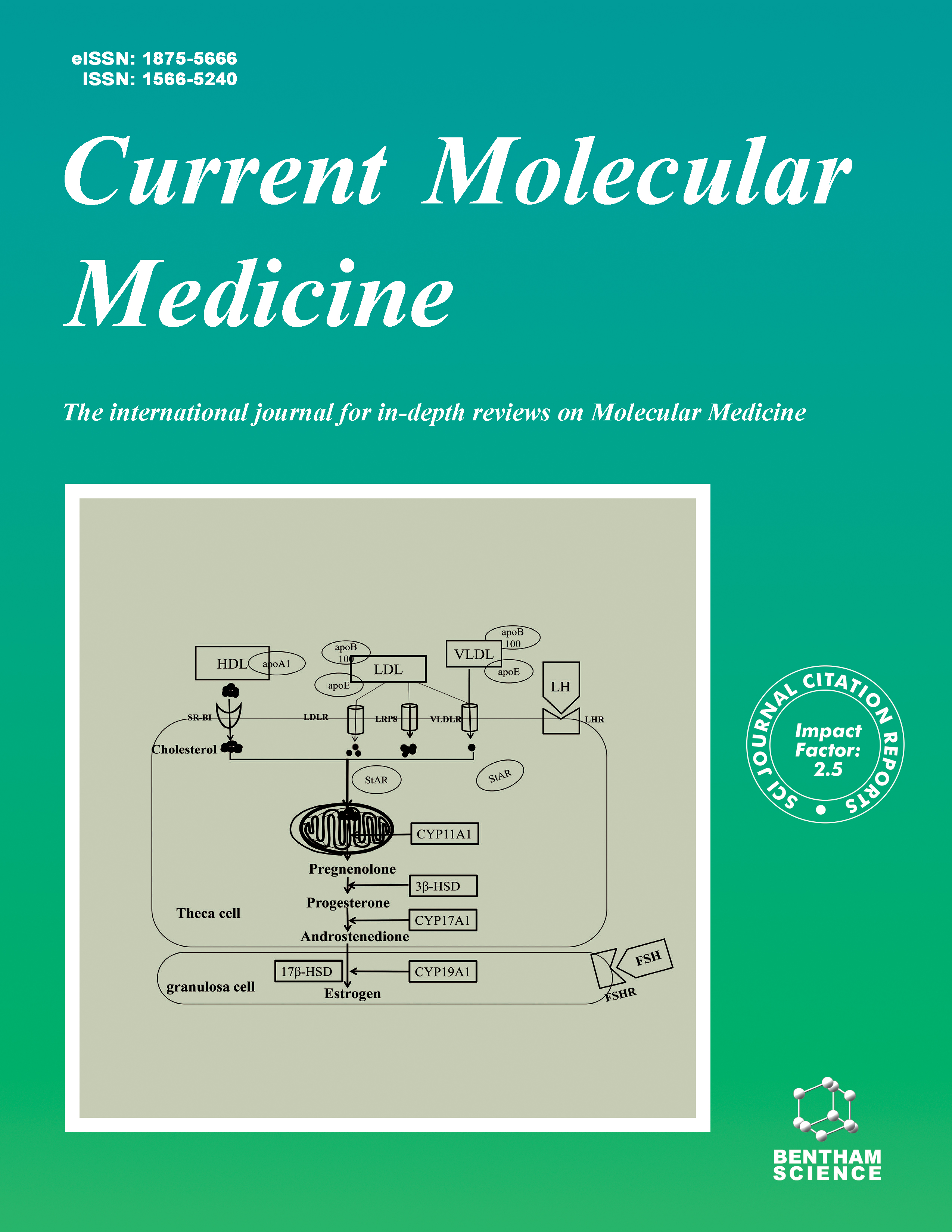
Full text loading...

Platinum-based drugs like cisplatin are key in treating ovarian cancer, but resistance frequently leads to treatment failure. The TGF-β1/β-catenin signaling pathway has been implicated in tumor resistance. This study investigates whether hyperthermiaenhances ovarian cancer cell sensitivity to platinum-based drugs by activating the TGF-β1/β-catenin pathway.
In vitro and in vivo models of ovarian cancer were treated with hyperthermia and cisplatin. Changes in TGF-β1 and β-catenin expression were measured using Western blotting, qPCR, immunohistochemistry, and cell viability assays to determine the impact of hyperthermia on drug sensitivity.
Hyperthermia significantly reduced TGF-β1 and β-catenin expression in ovarian cancer cells and tumor tissues, suppressing the pathway. This led to increased cisplatin sensitivity and higher apoptosis rates in vitro, while in vivo, tumor growth was significantly suppressed, and cisplatin's antitumor effects were enhanced.
Hyperthermia boosts the effectiveness of platinum-based drugs in ovarian cancer by suppressing the TGF-β1/β-catenin pathway, presenting a potential strategy to overcome chemoresistance and improve patient outcomes.

Article metrics loading...

Full text loading...
References


Data & Media loading...